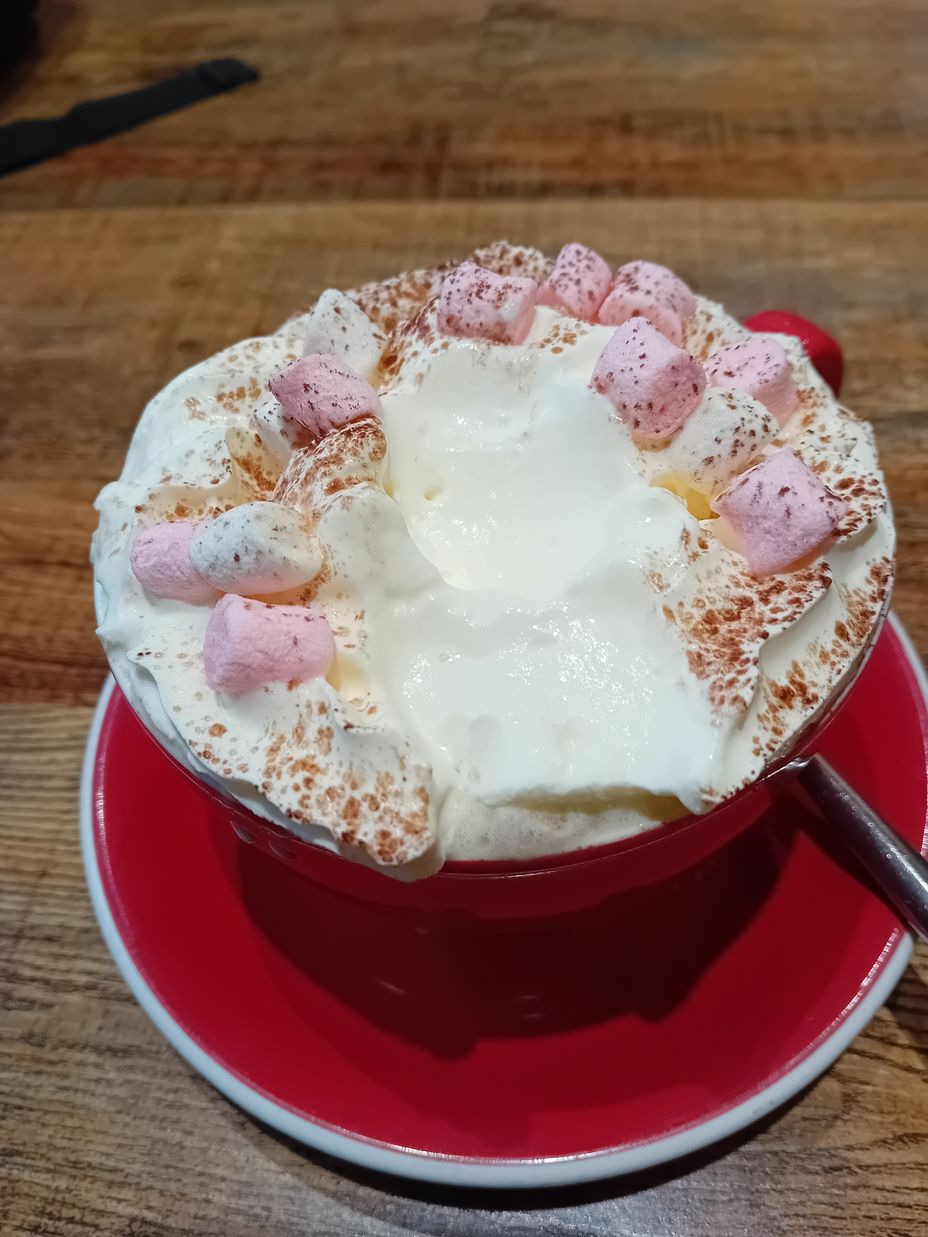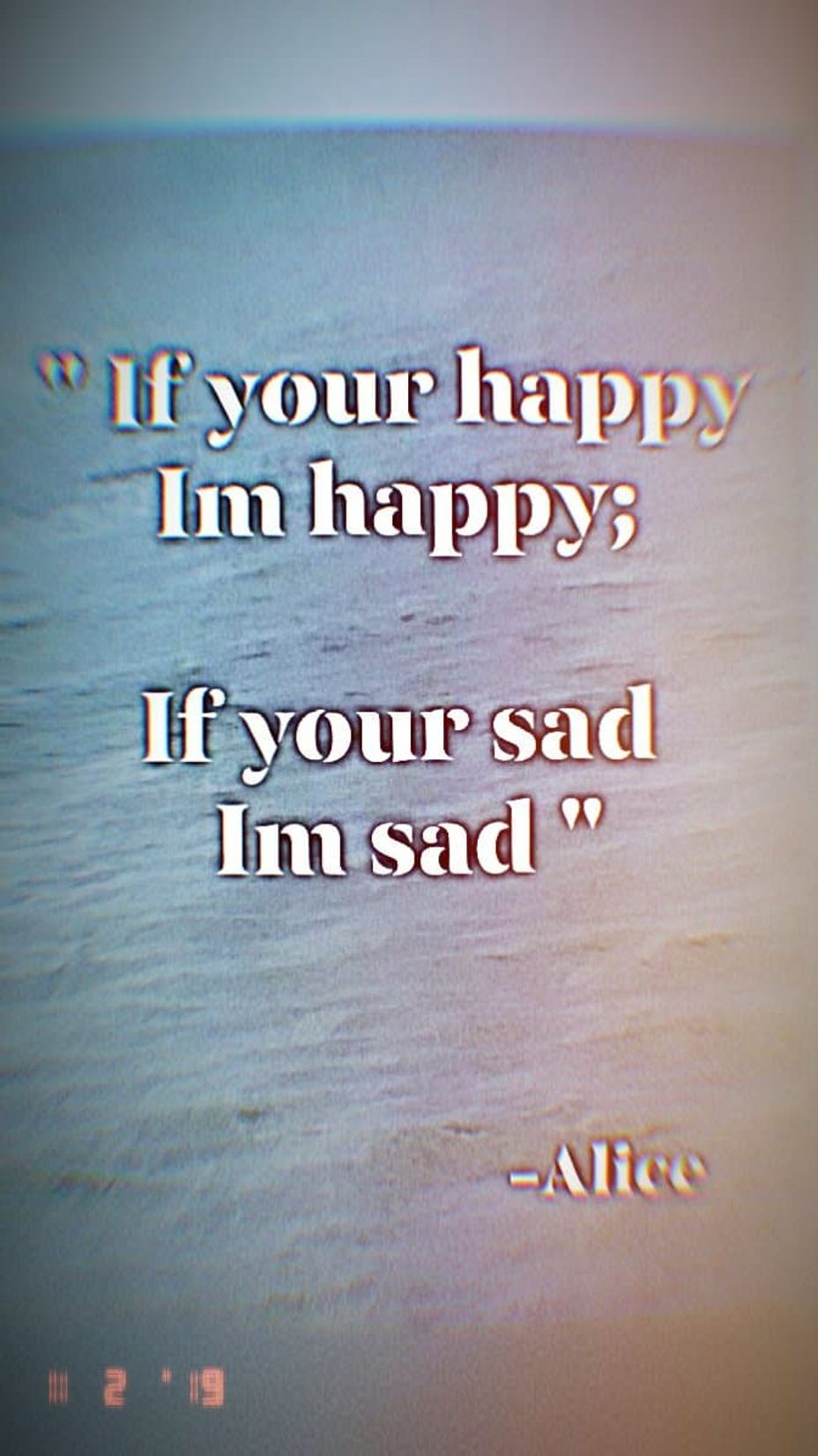Dear USA,
It’s been many years since I left home, a place I loved and freely roamed.
Born in nineteen sixty-three amidst a war across the sea.
n the south where I grew up, desegregation bloomed like butter cups.
Children from the city known for song were placed on buses and travelled long.
In class three a bus stopped to park at my school, out poured children red, Black, and blue. I was excited to see their faces, unaffected by our different races.
In class three I played daily with Antoine, Joyce, and tiny Bailey.
Their dark brown eyes to this day, warm my heart in a solemn way
Clasped hands white and brown, skipping rope and running `round.
We merrily sang until the school bell rang,
“Ring around the rosies, a pocket full of posies, ashes, ashes, we all fall down!” All while spinning on the merry-go-round.
Taking turns we felt each other’s hair, our teacher smiled as we sat in our chairs.
Our teacher too was brown and had a baby growing, we all were told as she was showing.
I recall a day while she was on duty, a white boy gave her a gift, two hand knit booties.
Her face lit up for they were hand sewn by his white mother, someone unknown.
“Bussing” humans, the government cited, was a success as we were united
Now I am sixty in a far away land, my country divided like it all began.
Red, Black, and blue a whole other meaning, what happened to us playing and singing?
Society scarred and sour, carelessly handled by no superpower.
I hate you yet long for you, your troubles are mine, too.
I defend you, our people, your resilience, and pride
Yet I am broken as the world watches in stride. Guns, shootings, and Black American’s still, fighting to live without being killed.
How are Antoine, Joyce, and Bailey? Are your babies now men, are they worried daily?
Protest signs, riots are all still there, not in my memory but daily in flares!
As children we huddled in tornado drills, giggled, joked, and made small squeals.
Now although in so called unition school drills are needed against ammunition
At eight with Antoine, Joyce, and Bailey side by side, we never imagined our lives would divide.
I never imagined I’d live across the sea; I wonder if they remember me
As headlines roll in from my home state, peace and love are still a debate
The flag which waves before me is yellow and blue, this country is not perfect, yet better it’s true.
Democracy, hypocrisy, all countries have crisis; I expected my homeland to still be the nicest.
I stand at the shore of the North Sea as tears well up for my Tennessee.
The little girl inside still cares about you, the USA, red, Black, and blue.
Sincerely,
Hope
#blm #Racism #Tennessee #desegregation #Childhood #bussing #Love #Friendship #usa #Discrimination #peace #whitepriviledge #democracy



